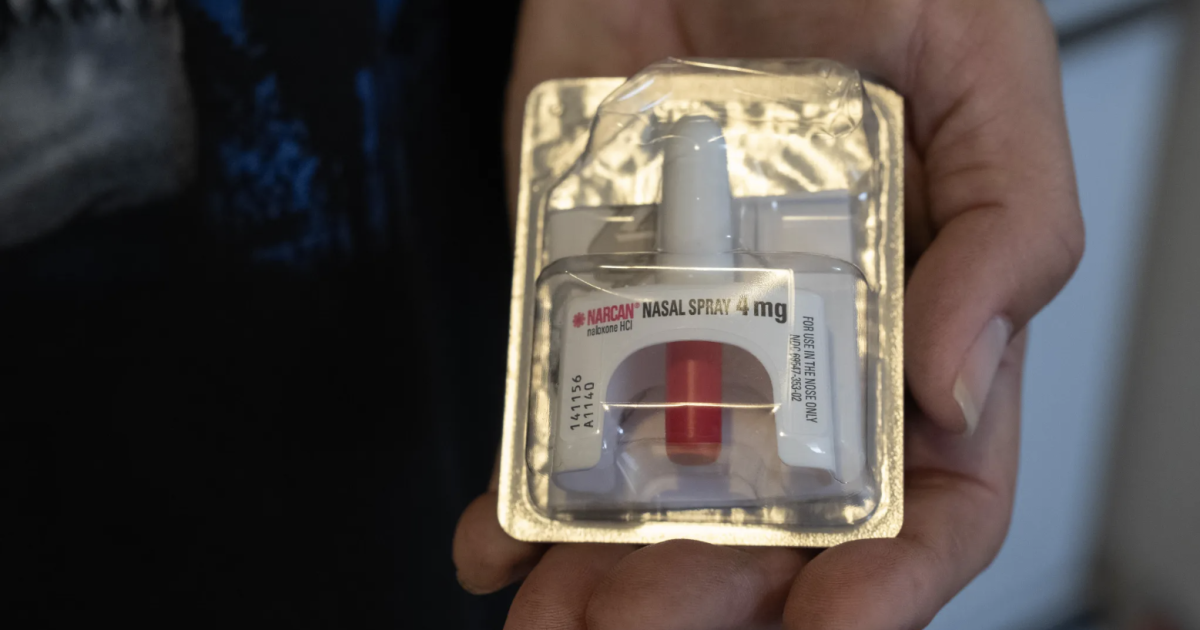East Midlands Prisons Get New Healthcare Providers After NHFT Exit

Major Change for Prison Healthcare in the East Midlands: New Providers Stepping In
The East Midlands prison system is facing a significant shift in healthcare provision following the announcement that Nottinghamshire Healthcare NHS Foundation Trust (NHFT) will be withdrawing from its existing contract. This decision, made by NHFT, has prompted swift action to secure alternative healthcare services for prisoners across the region. The move ensures continuity of care and addresses concerns raised by the impending contract termination.
Why Did NHFT Withdraw?
While the specific reasons for NHFT’s withdrawal haven't been fully disclosed, it's understood that the contract presented considerable challenges. Healthcare provision within the prison system is notoriously complex, demanding a unique skillset and significant resources. It's likely that NHFT determined the contract was no longer sustainable or aligned with its broader strategic priorities. Details regarding the specific challenges faced by NHFT remain limited, but the focus now is firmly on ensuring a seamless transition to new providers.
Who Are the New Providers?
The Department of Health and Social Care, alongside relevant commissioning bodies, has been working diligently to identify and onboard new healthcare providers. While the full list of providers hasn't been officially released, it's expected to include a combination of established NHS trusts and specialist healthcare organisations with experience in delivering services within custodial settings. The selection process prioritised providers with a proven track record of delivering high-quality, patient-centred care, and a commitment to addressing the unique healthcare needs of prisoners.
What Does This Mean for Prisoners?
The transition to new providers will undoubtedly raise questions among prisoners and their families. Authorities are keen to stress that every effort is being made to minimise disruption and maintain a consistent standard of care. Information campaigns are planned to inform prisoners about the changes and explain how to access healthcare services under the new arrangements. Key areas of focus will include mental health support, substance misuse treatment, and management of chronic conditions – all critical components of prison healthcare.
Challenges and Future Outlook
The shift in healthcare providers presents several challenges. Ensuring a smooth handover of patient records, integrating new staff into the prison environment, and maintaining continuity of care are all critical priorities. Furthermore, the ongoing strain on the NHS and the wider healthcare workforce could impact the ability of new providers to fully meet the demands of the prison system. Looking ahead, a collaborative approach involving government agencies, healthcare providers, and prison authorities will be essential to ensure the long-term sustainability of prison healthcare in the East Midlands.
Impact on the NHS and Healthcare System
This situation highlights the broader pressures facing the NHS, particularly in providing specialised services in challenging environments. The withdrawal of NHFT underscores the need for a thorough review of contracts for healthcare provision within the prison system, ensuring they are adequately resourced and sustainable for both providers and the government. It’s a reminder that the NHS is facing increasing demands across all sectors, and innovative solutions are needed to ensure quality care for all patients, including those in custody.
Stay Informed
Further updates on the new healthcare providers and the transition process will be released by the Department of Health and Social Care and relevant prison authorities. Keep checking official channels for the latest information.






